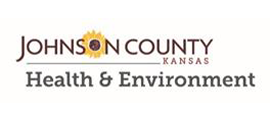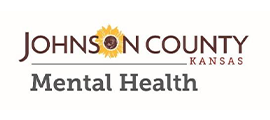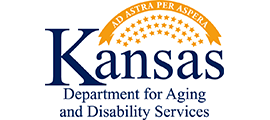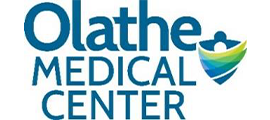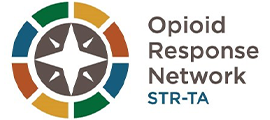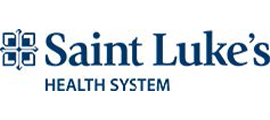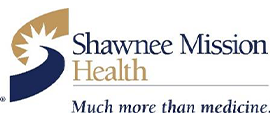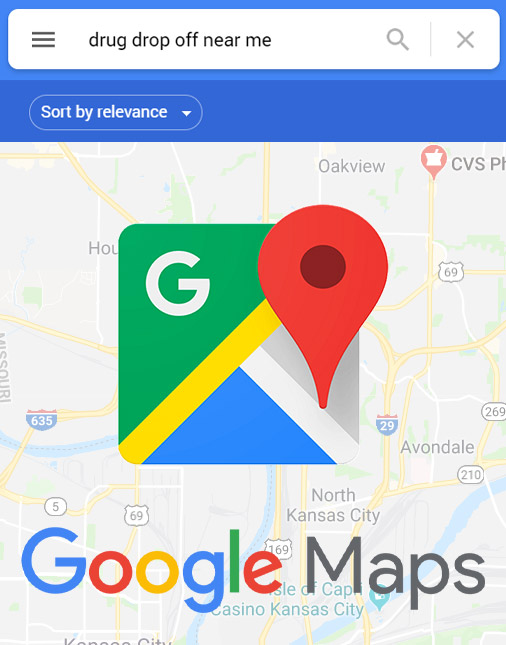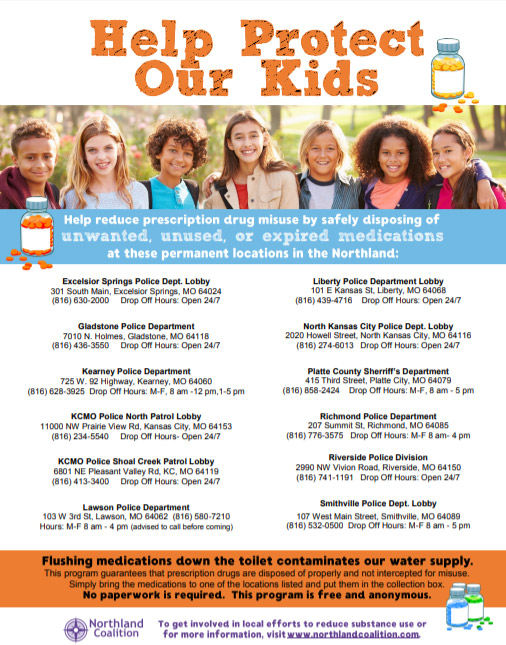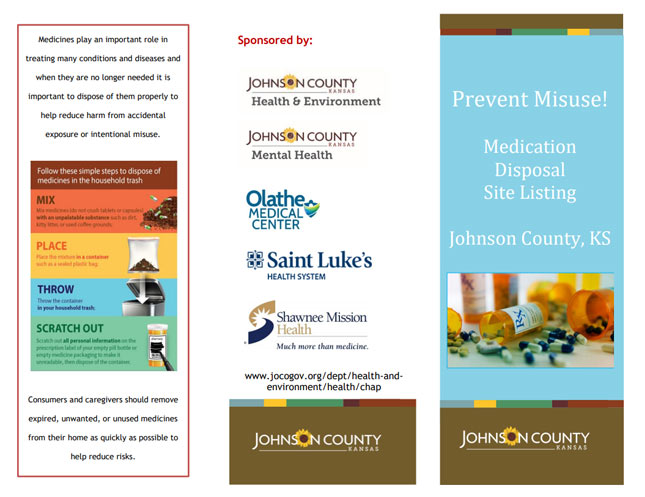Chances are, you or someone you know has been negatively impacted by this raging epidemic. Find out what steps are being taken to combat the crisis by which players. Then, access locally available resources to get and give help.
Separating the Flowers from the Weeds
“If you want to care for something, you call it a ‘flower.’ If you want to kill it, you call it a ‘weed.’” We learn at an early age that words matter. But when it comes to helping those with substance use disorders (SUDs), choosing the right language is critical to prevention, treatment and recovery efforts.
Get the lowdown on how you can frame your care and concern using language that eliminates harmful labels and reduces the stigma for one struggling with an SUD. After all, fear of judgment leads impacted individuals to be less likely to seek help, and more likely to drop out of treatment programs in which they do enroll.
ADDICTION IS NOT A MORAL FAILING. Addiction is defined as a chronic, relapsing brain disease. It can be treated in the same manner as other chronic medical conditions — through a combination of medications and counseling.
Help Is a Phone Call Away
National Helpline: 1-800-662-HELP (4357)
The Substance Abuse and Mental Health Services Administration has a free, confidential treatment referral and information service operating 24/7, 365 days a year. The service, provided in English and Spanish, is for individuals and families facing mental and/or substance abuse disorders.
Local Treatment & Recovery
Kansas and the Kansas City area have dozens of organizations that can help adults, teens and families struggling with SUDs. If you or someone you know is struggling, take the first step to overcoming addiction.
MO-HOPE aims to reduce opioid overdose deaths in Missouri through expanded access to overdose education and naloxone, and referral to treatment.
Learn more about treatment and recovery resources throughout the Kansas City metro area and beyond.
Talk to a Doctor Before Reducing Dosage
There are plenty of legitimate reasons to take prescription opioids. In the midst of so much media attention on the opioid epidemic, prescription medication users might wonder if they’ll be affected.
The U.S. Department of Health and Human Services created a guide for health care providers about appropriate dosage reduction or discontinuation of long-term opioid analgesics. The guide says opioids should not be tapered rapidly or discontinued suddenly to avoid withdrawal risks. The risks for physically dependent patients include exacerbated pain, psychological distress, thoughts of suicide — and the potential that patients may seek other sources of opioids, possibly even illicit opioids, to treat pain or withdrawal symptoms.
However, there are ways to gradually reduce opioid dosage. A recent study found evidence that mind-body interventions such as mindfulness, cognitive behavioral therapy or clinical hypnosis can help prescription opioid users reduce pain.
If you or a loved one takes prescription opioids, talk to a doctor about when and how to appropriately taper medication use.
Take Back Control in 1, 2, 3
Given the incredible number of opioid prescription medications being dispensed, it’s no surprise that expired, unused and unwanted pills are complicating efforts to curb the crisis. One way to help reduce potential misuse is through proper medication disposal. It’s as easy as one, two or three.
- Participate in the next National Prescription Drug Take Back Day. Visit the official website for dates and to find a participating location near you.
- Looking to dispose of meds now, or any day other than National Take Back Day? Google Maps makes it easy. Simply search “drug drop off near me.”
- If you live in Kansas City’s Northland, download this handy resource identifying a number of additional permanent locations for safe disposal.
-OR-
If you live in Johnson County, Kansas, download a list of nearby locations to safely dispose of medications.
Spread the Word. Slow the Worry.
Be part of the solution to the widespread opioid addiction and overdose epidemic. Use YourMedsYourMatter.com assets to build a campaign of awareness and action. These resources are free to use for community members, health care providers, public health officials, first responders and others who want to share the message and help combat the crisis in their city, county or region.





